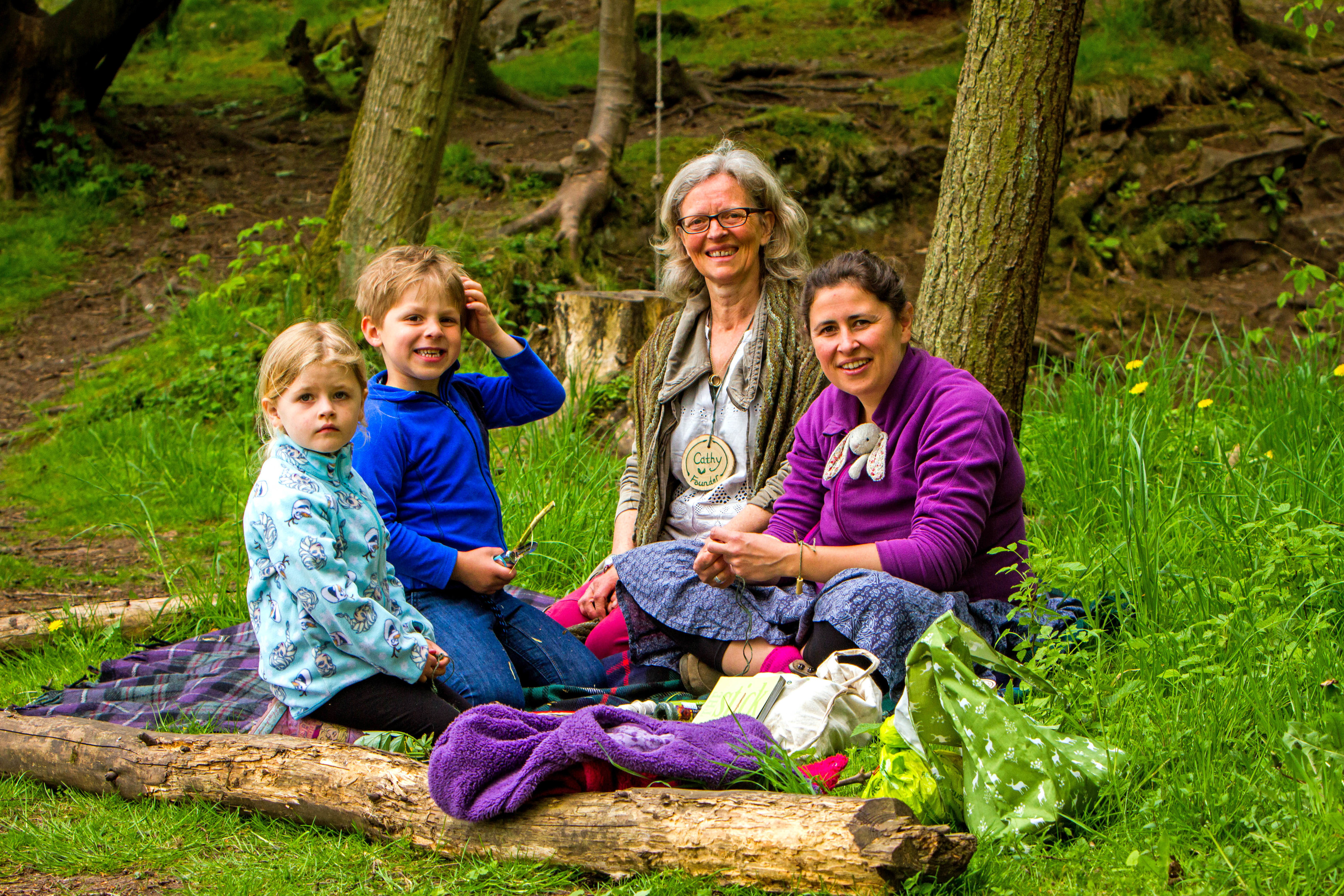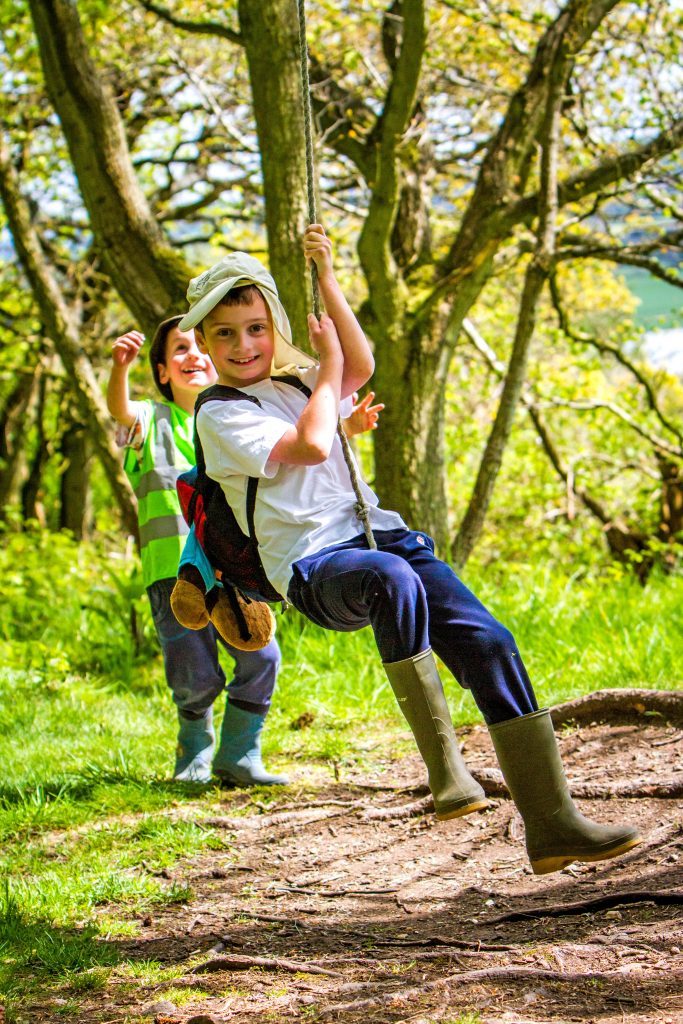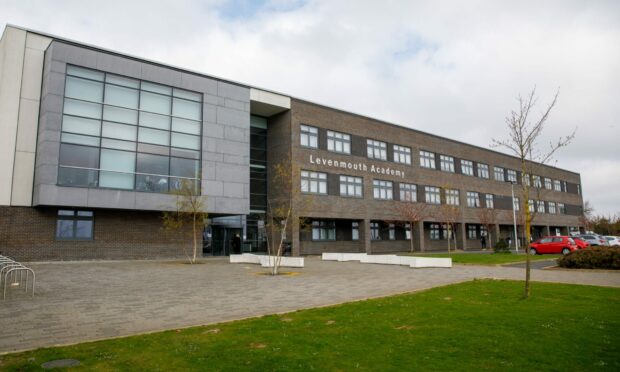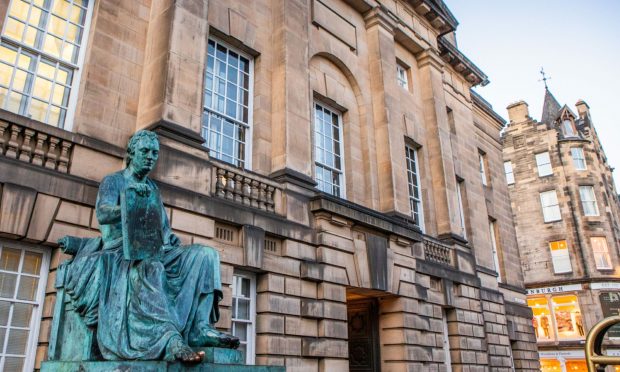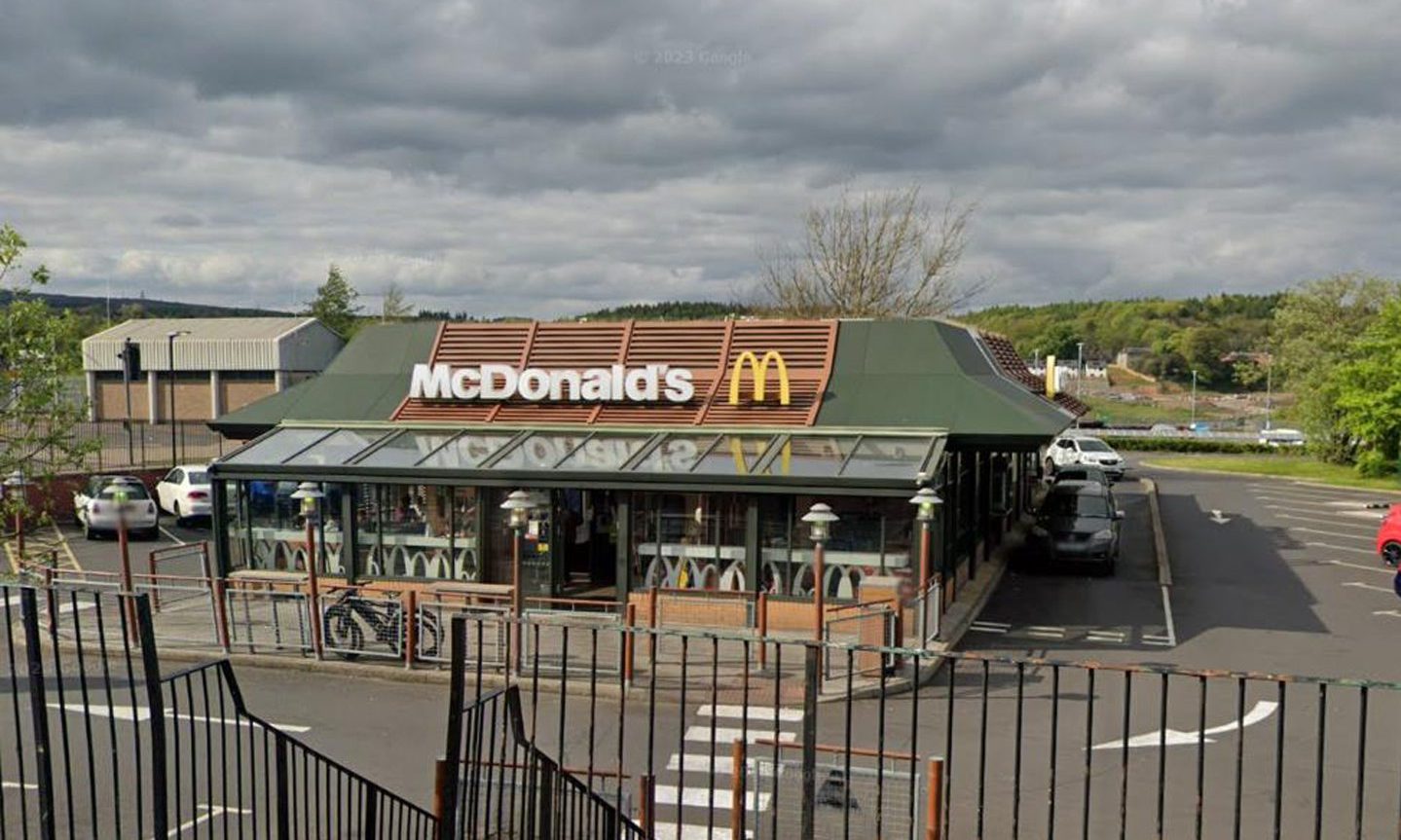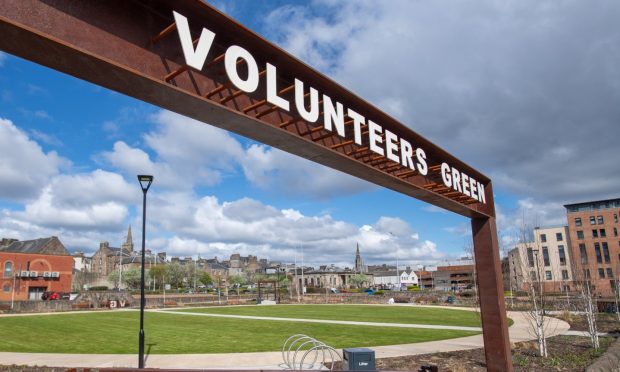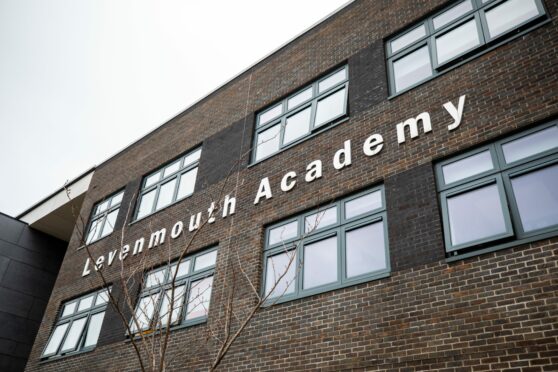A campaign to change the school starting age to seven has been officially launched in Fife.
Parents and educators from across the region were shown what could be possible if a kindergarten stage for three to seven-year-olds was introduced to Scotland’s education system.
Sunday’s launch by Upstart Scotland, which coincided with National Children’s Day 2016, took place at The Secret Garden Outdoor Nursery in Letham woods, the first outdoor nursery in the country.
Owner Cathy Bache said a number of parents had deferred their children starting school for a year or even two and had found the benefits immeasurable.
“We want to show parents and educators what could be possible if we change the school starting age to seven and let the play go on in the woods until then,” she said.
The Upstart Scotland campaign is spearheaded by chair Sue Palmer, the author of Toxic Childhood: How Modern Life is Damaging Our Children.
She said: “In Finland and Switzerland youngsters don’t start formal learning until they are seven and they are doing extremely well in international surveys of achievement.
“Children’s success in the rest of their educational career, and beyond that in the workplace, depends upon their level of physical, emotional, social and intellectual maturity when schooling begins.
“But Scotland’s very early school starting age means we have a cultural attachment to cracking on with formal learning at P1 so the principles of the early level are forgotten.”
She said some young children developed behavioural problems because they lacked the emotional and social skills needed to settle in a classroom.
